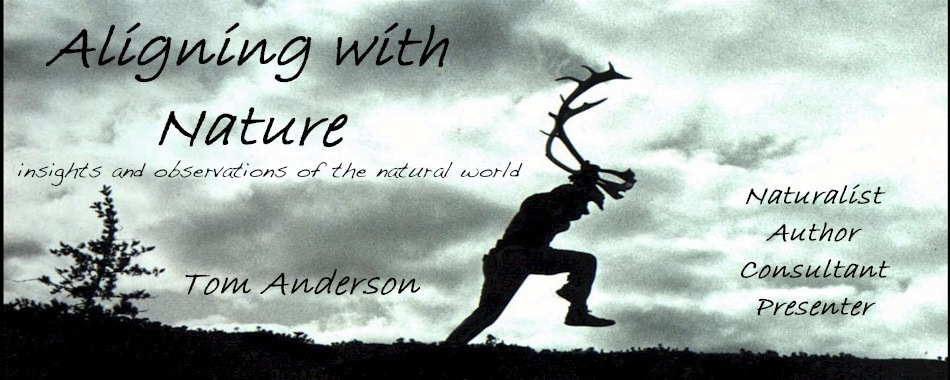Voices of the River
Small rivers typically murmur, chuckle, bubble, shusssh, or maybe at best sing. But recently, the fast watershed that passes our Outpost in the Yukon, the Watson River, has shown us that it doesn’t even know to how to murmur or chuckle. No wimpiness or meditative score for this flow. Instead, it has been full-voiced in a bawdy song that at times borders on a rage. This early summer chorus has been a loud, hoarse sea shanty that is a prelude to its destiny of merging with the Yukon River and finally the Bering Sea nearly 2,000 miles away.
With abundant snow in the Coastal Mountains to our west combined with some heavy spring rains, the rivers rose quickly. Looks like the release of snow melt will be a key player in water levels here for the rest of the summer.
We had come north this spring with the intent of putting the Outpost up for sale. Not only is it apparent that our securing Canadian permanent residency is a bureaucratic maze and no longer worth pursuing, but the housing market in this area is crazy high and if we were astute financial game players we would sell and make a tidy profit. And then there is also the 2500-mile drive back and forth from Minnesota. It is a haul and with gas prices climbing, the trek bears a significant migratory cost.
However, in less than a week after we settled down at the river’s edge, the river in true preacher form delivered a tireless sermon on riches beyond dollars and cents. The river has shown us that experiences are priceless and clearly the library of life has far more experiences waiting for us to add to the book cart.
Perhaps our feeling of renewed euphoria has to do with the indefatigable, yet restful message delivered to our ears. The constant river pitch is a comforting drone, not unlike the inspiring drone of the famous Highland bagpipes. Neurologists have found that our brain waves slow and we perceive a sense of tranquility and well-being when we are in the company of droning noise. It doesn’t matter if it’s a Gregorian monk chanting, a bagpipe rallying or even a rushing river; each of them creates a droning sound.
You can even download or buy CDs of running rivers, ocean surf or rain showers. This collection of pleasing water sounds promises to induce a state of relaxation and serenity. A dear friend uses a free app of a lively, running river to put their baby daughter to bed. It has such become such a predicable success in creating the ultimate lullabye that when the cell phone is tucked within a foot of the baby’s head she quickly falls asleep.
I prefer the real thing. So the other day, I headed over to the river’s edge to check out the tunes. As I walked beneath the upper windows of our log home, I nearly stepped on a dead bird. Crumpled in the grass with partially dried eyes, it didn’t invite petting. But I stopped, bent over and gently picked the bird up for a positive ID. It was clearly a thrush and given that there was no sign of any distinct buffy eye ring or reddish rump, I could disqualify a Swainson’s or Hermit thrush. This was another northern cousin, a gray-cheeked thrush.
It seems so unfair that this Yukon songbird that has run the gauntlet of dangers during its thousands of miles of spring migration from Central America back to the sub-arctic boreal forests, flying most of those miles during the night darkness, met its end by flying into a stout pane of glass. To the bird, the window was not a barrier. Instead, it likely looked like a blue-sky portal. I hoped that death came quickly for the thrush.
I walked over to the river’s edge with the dead bird and reached out to gently set its body on the tossing whitewater.
The river’s tone changed to a droning dirge as the thrush bobbed through the curling waves, surrounded by a constant wash of white noise. Disappearing and reappearing the bird looked as if it were swimming through liquid clouds towards an eternal spring.
I turned to the house and felt anchored and inspired at the same time. The bird had quickly bounced past the river’s bend, past the two big boulders that kicked up loud waves.
Less than a week later we wove our way through the same rapids in a canoe. Our hoots harmonized well with the river’s tenor voice.
Filed under: Uncategorized

Leave a Reply
You must be logged in to post a comment.